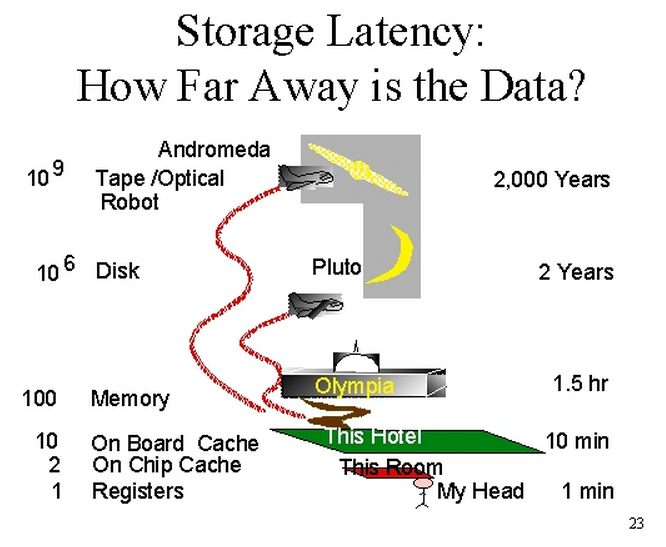I was reviewing some old notes on algorithms today, and this got me thinking.
Complexity
O(1)means execution time for function is independent on data.
So let's suppose we have a function to add all elements in array.
int add(int[] array){
int sum =0;
for (int i=0;i<ARRAY_MAX_SIZE;i++){
sum= sum + (i<array.length?array[i]:0);
}
return sum;
}
where ARRAY_MAX_SIZE is maximum possible size of array. I know this code is not efficient i don't want to discuss this. But operator + is called same amount time each time and it is not affected by size of data.
Does that means complexity of this function is O(1)?
Yes. O(1) means constant time, not fast/efficient/optimal.
Big-O complexity ignores the complexity of constant steps. A division (slow) is just as "complex" as an increment (fast).
The actual answer is "it depends".
There are two different sets of things happening here:
ARRAY_MAX_SIZE times, you:
array.length times, you:;
array[i]
ARRAY_MAX_SIZE - array.length times, you:;
So the total runtime is
t = k_1 * ARRAY_MAX_SIZE +
k_2 * n +
k_3 * (ARRAY_MAX_SIZE - n)
So you look at how k_2 and k_3 compare. Are they basically equal? Then it's O(1). Is k_2 >> k_3? Then it's O(n).
Why might k_2 >> k_3? Because array[i] is accessing memory, and memory is comparatively very slow:

If you love us? You can donate to us via Paypal or buy me a coffee so we can maintain and grow! Thank you!
Donate Us With